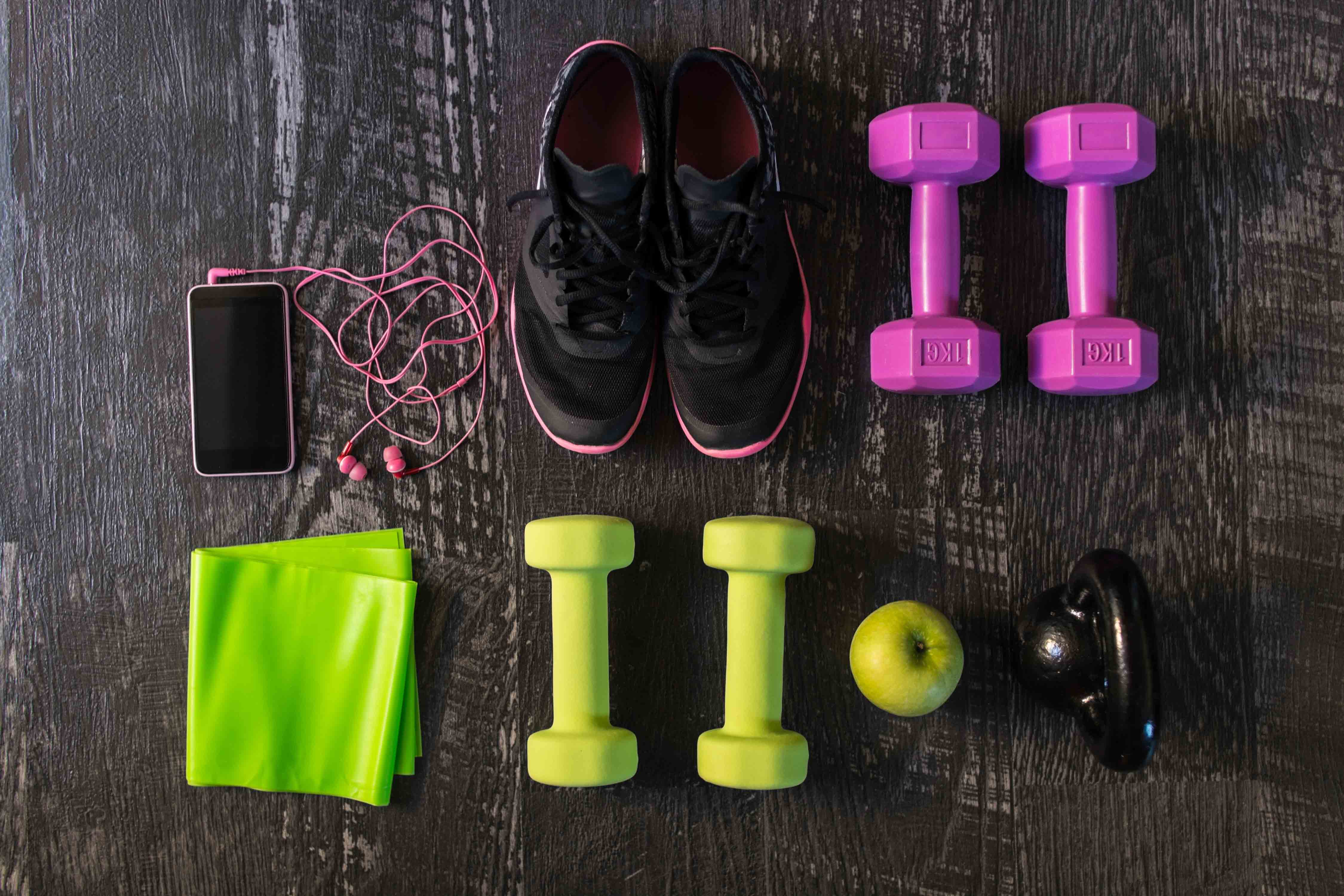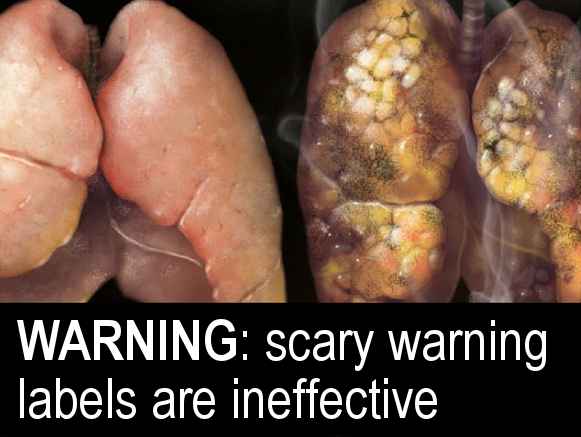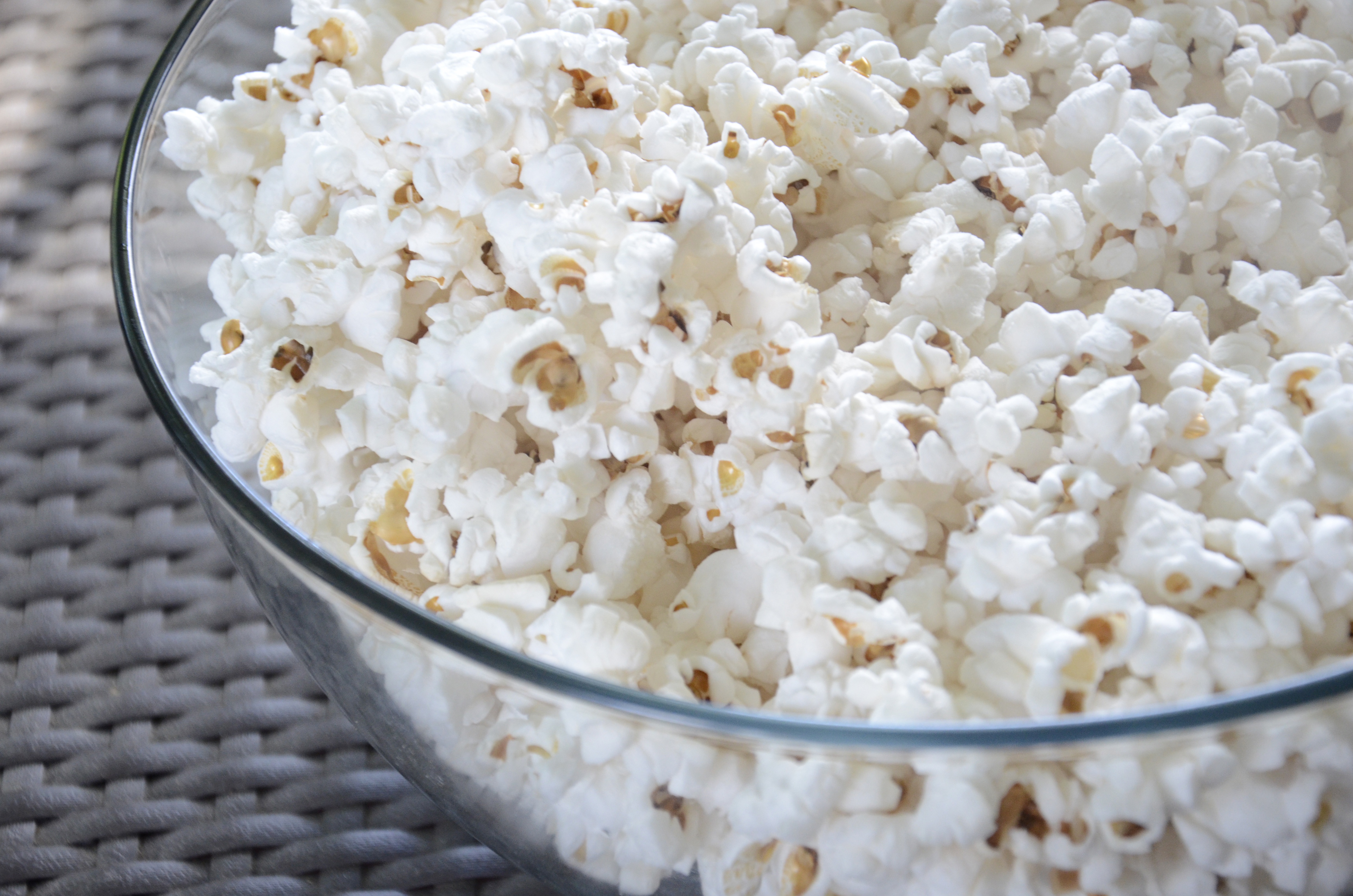Planning theory- and evidence-based behavior change interventions: Intervention Mapping
By Gerjo Kok, Maastricht University, the Netherlands; University of Texas at Houston, USA
A wide range of campaigns and interventions to improve public health and change health behaviors currently exists, but many of these are not “theory- and evidence-based”. This post will briefly describe the processes health psychologists undertake when developing interventions, and highlight how these differ from (and improve upon) similar processes commonly undertaken elsewhere.
(more…)












